
A friend once told me she planned to buy a snowblower.
My first thought was, “Why?”
She lived in a fairly mild region that, in some years, doesn’t get any snow at all, let alone enough to require mechanical intervention. She had three healthy teenagers at home, and shovels are much cheaper.
Plenty of purchases that seem like great ideas at the time wind up as costly clutter. Maybe you’ve seen a friend with a garage or storage unit jammed with stuff they don’t use but can’t seem to get rid of. (If you’ve got one of those yourself, check out “Have Too Much Stuff? 10 Ways to Cut the Cost of Self-Storage.”)
What follows are examples of tools and equipment you should rent as needed, rather than buying them only to curse the cost later.
1. Recreational vehicle
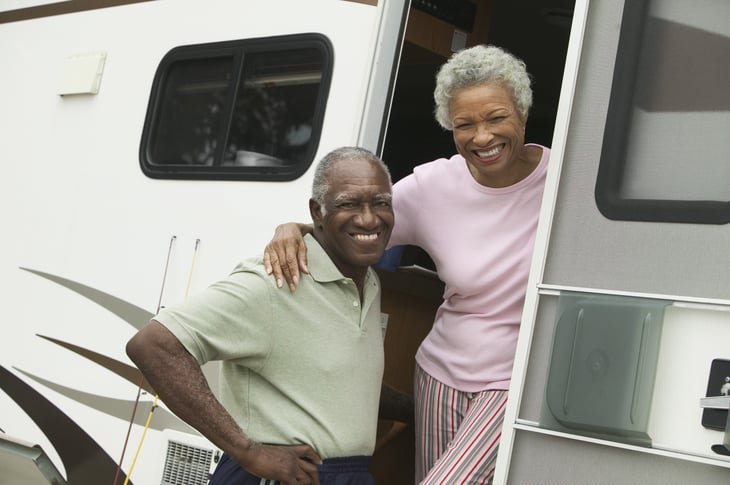
Unless you love camping, buying an RV is probably a bad idea.
In “7 Big Purchases You Should Never Make,” we point out several reasons not to buy:
- They can be expensive to buy. Low-end vehicles cost as little as $6,000, but those are pretty basic. Larger vehicles can go for upward of half a million dollars or more.
- They cost a lot later on, too. Gas, maintenance, insurance — it adds up. And if you’re towing a trailer, factor wear and tear on the family vehicle into your calculations.
- They can be hard to store. Parking your RV on a public street or even in your own driveway might be against the rules where you live. If so, you’ll have to rent a place to keep it all year, every year. One analysis shows monthly rates for RV storage ranging from as little as $40 to as much as $500 per month.
Until you’re sure you’ll travel enough to make it worthwhile, keep renting. You can get an RV from a rental dealer or from an individual owner through peer-to-peer services like RV Share Renter.
2. Specialized tools
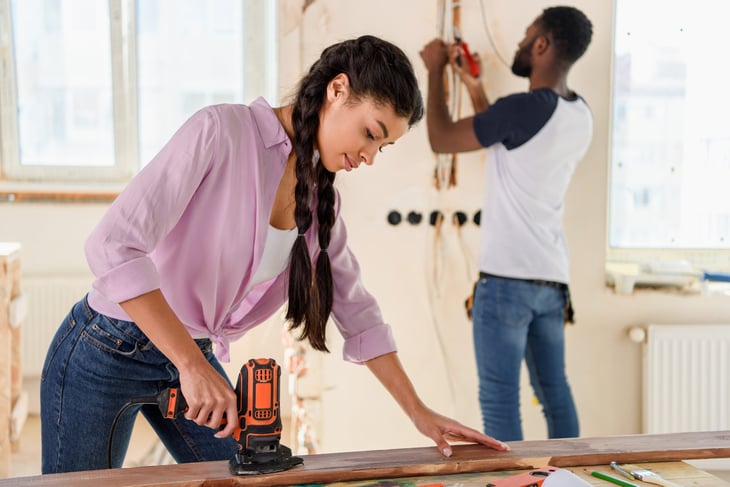
Some DIYers feel they can never have enough tools.
But, seriously, do you tackle enough projects to justify buying some types of specialized equipment, like a concrete saw, floor stripper, carpet-drying fan, texture sprayer, stump grinder or hydraulic torque wrench?
These and many other construction, demolition and remediation tools can be rented — or possibly even borrowed from your local library.
We burn wood most winter evenings. But we don’t own a log splitter. They’re expensive, and we wouldn’t use it often enough. Instead, every few years we rent one for the day.
Do the math and save.
3. Blu-ray discs and DVDs

These days, you can pay just a few dollars for Blu-ray discs or DVDs of older or more obscure flicks.
But for new releases, you’ll wind up spending $20 to $30 apiece, and more for an entire season of a TV show.
Hey, all you collectors: Count the DVDs on your shelves, figure out what you’ve spent thus far and ask yourself how many times you’ve actually watched them.
Stop buying! Try some of these options instead:
4. Pickup truck
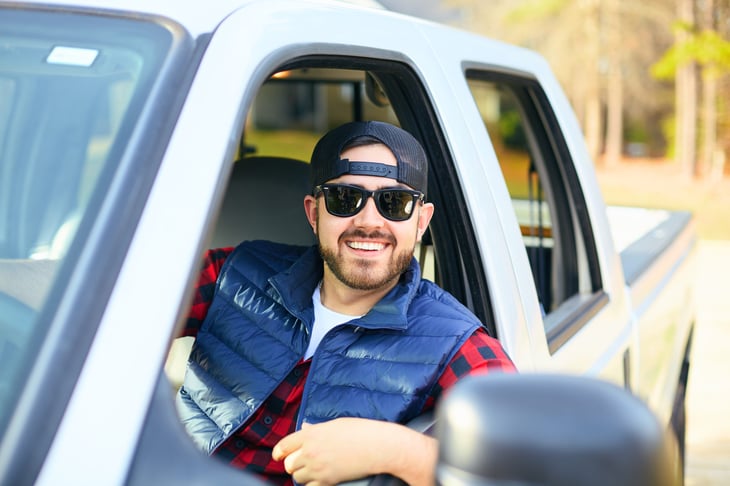
There’s just something about owning a truck, apparently.
How else to explain why otherwise sane people with no need for hauling capability drop a ton of dough on these things?
According to AAA, the annual cost to own and operate a midsize pickup is more than $2,000 higher than that of a small sedan.
If you’ve got a big project in mind — home improvement, say, or moving your household — rent a truck for the day to transport your lumber or move furniture to the new place.
Speaking of moving, here’s another reason you don’t want to own a pickup: People you know who need to move across town or pick up an IKEA furniture purchase will be calling to ask, “Hey, do you still have that truck?”
If you’re a farmer or a contractor who regularly hauls stuff, owning a pickup truck might make sense. But if you’re a suburban resident who happens to love country music, stick with a fuel-efficient vehicle that’s cheaper to buy and insure.
5. Power washer
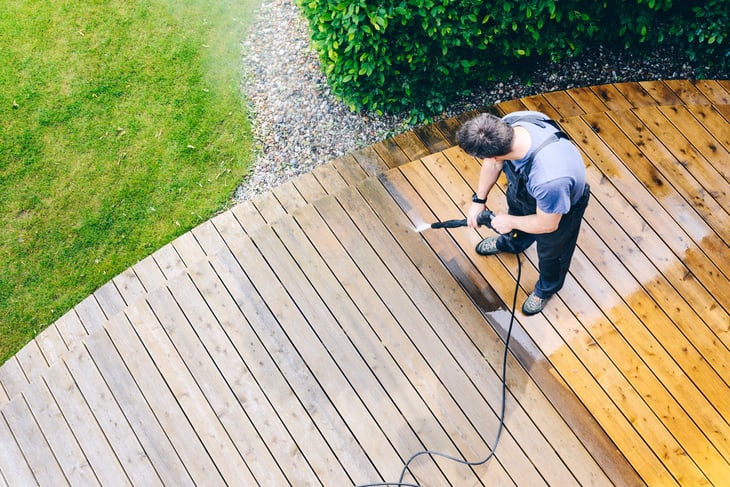
A power washer is super useful when you want to repaint the house or clean up a weathered deck. But how often do you do either of those things?
Consumer Reports suggests it’s cost-effective to buy a power washer if you normally use it three or more times a year. But what’s more likely is that you’ll power-wash your deck or home every few years, if that often.
Oh, and brace for this: Once it’s known you have a power washer, friends and neighbors are going to ask to borrow it. It would be pretty frustrating to lend out your power washer repeatedly and have it die while you’re preparing your own house for repainting.
True, you can buy a low-end power washer for around $100. But, when you buy cheap you often get cheap, so read reviews before plunking down even that little.
6. Boat
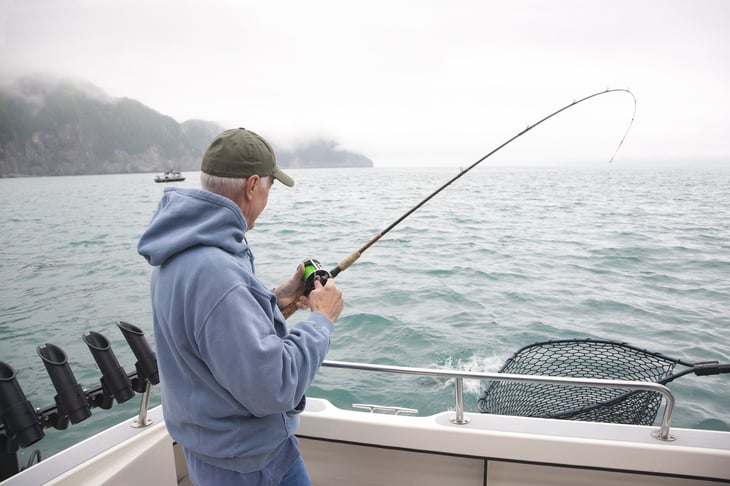
An old joke holds that “boat” is an acronym for “Break Out Another Thousand.”
A boat owner must keep a weather eye on hull maintenance, engine repair and, yes, the weather. (Hurricane season is particularly gut-clenching.) That all costs money. Lots of money.
So what’s a sea dog wannabe to do? Rent your time on the water. As we note in “4 Ways to Go Boating Without Buying a Boat,” you can take advantage of peer-to-peer boat sharing, timeshares, boat clubs and charters.
Always do your research and ask plenty of questions. The rules (and fees) vary. You’ll need to know stuff like:
- Who pays for the gas?
- Who fixes breakdowns?
- What kind of licensing/training is required?
- Does the rental cost include insurance?
7. Sports equipment

After one unseasonably warm summer here in Anchorage, my niece’s friend took to a local lake on a $400 stand-up paddleboard. So much fun! You should totally get one!
No doubt it was fun. But my niece is a single mom of two. She’s not going to drop four Benjamins on equipment she’ll maybe use one or two days a summer, assuming it’s warm enough.
If the heatwave trend continues she might shell out $15 for a paddleboard rental, to see if it really is her kind of sport. If it isn’t? Think of the money she didn’t waste.
Try it before you buy it. The same is true with skis, snowboards, water skis, kayaks, canoes, mountain bikes and so many other kinds of sporting equipment.
You’ll thank us later, when the rental proves that your lower back isn’t cut out for snowboarding, or that your balance isn’t good enough for a paddleboard.
8. Musical instruments
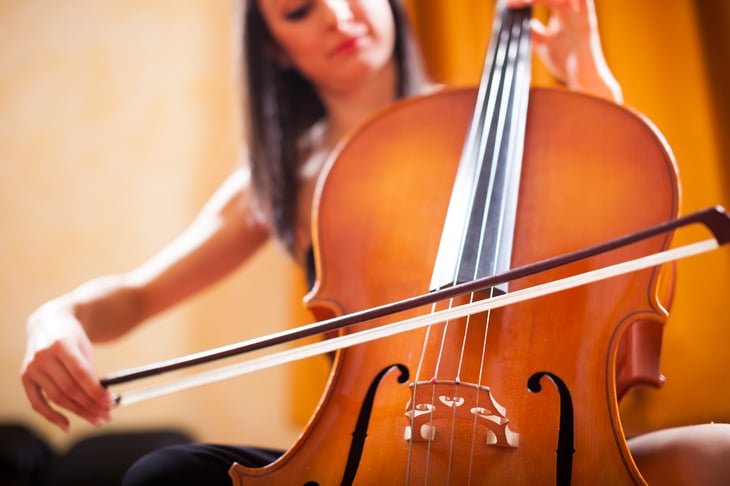
So, your kid has signed up for the school band or private music lessons: What a great opportunity! You should run out and buy the best-quality cello or sousaphone out there. Right?
Not even close to right, says The Washington Post. Suppose your kid quickly decides that he hates practicing? Or that the viola is a horrible mistake and what she really wants is a flute?
Don’t buy any instrument until you’re sure the kid is going to commit.
Instead, rent from a music shop, or ask if your school has an instrument rental program. It can take a couple of tries to find the right fit with instruments for young musicians.
Speaking of fit, here’s another reason to at least wait to buy: Kids grow. The violin Junior plays at age 5 eventually will need to be replaced. (Unless, of course, he gets bored and quits.)
So rent, don’t buy it.
